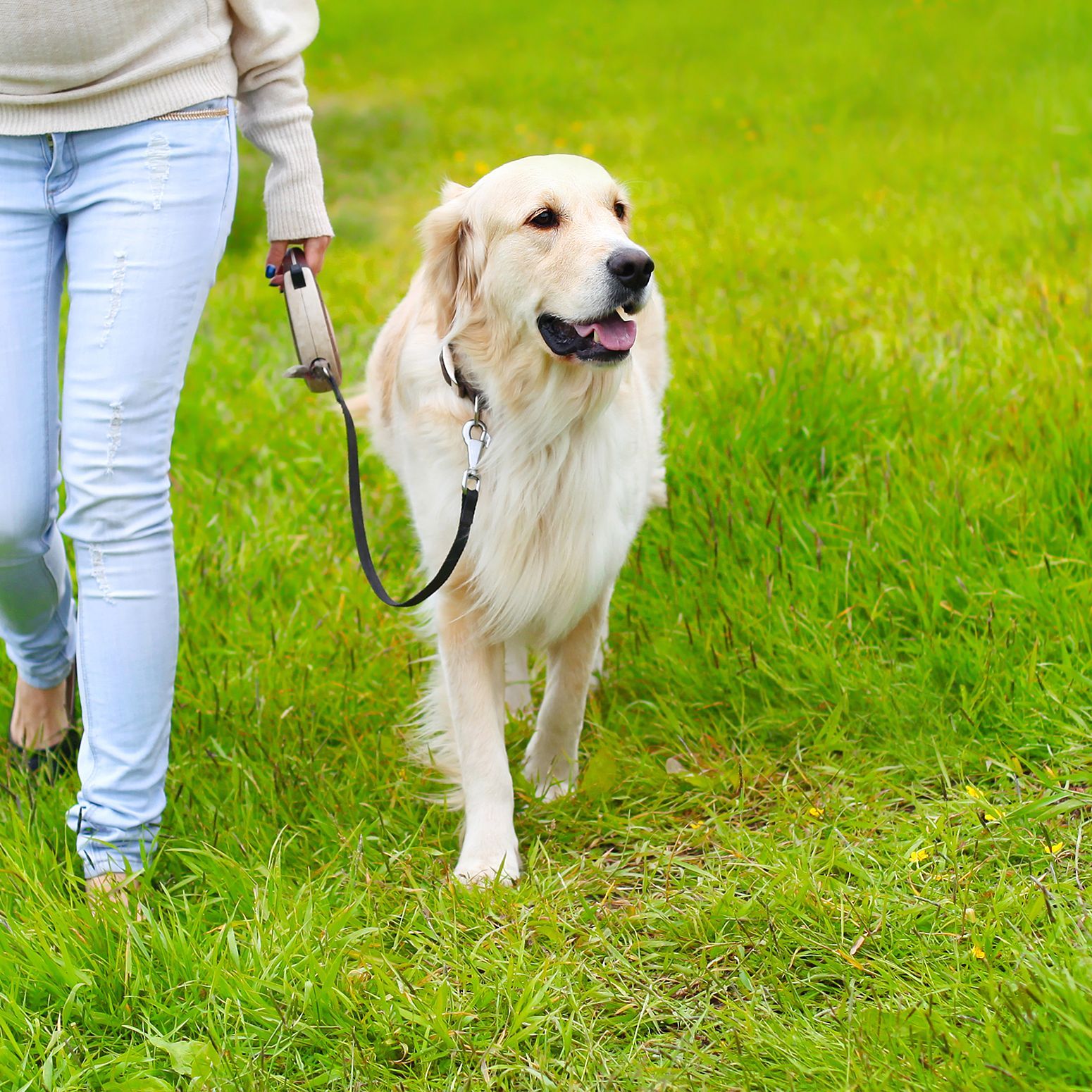Infectious Canine Hepatitis (ICH)
a dog. The disease can develop very quickly and some individuals may die within hours of
becoming unwell.
Dogs are most commonly affected in the first year of life, but unvaccinated dogs of all
ages are susceptible.
How is it spread?
It is transmitted by direct contact with infected urine, saliva and faeces. Furthermore,
dogs that have recovered from this disease can still be infectious to other dogs for more
than six months. Young puppies are particularly susceptible to the disease. The virus is
relatively hardy and can survive for months in the environment under ideal conditions.
Cause of infectious canine hepatitis
Infectious canine hepatitis is caused by canine adenovirus-1 (CAV-1), which is found
world-wide and can infect most canine species, although some, including the domestic
dog, are more sensitive than others.
Signs and symptoms
Clinical signs develop after an incubation period of 4-7 days and most commonly include
lack of appetite, fever, pale gums, conjunctivitis, coughing, abdominal pain, vomiting and
diarrhoea. Sometimes, the dog may later develop jaundice. In some dogs that recover, a
clouding of the cornea occurs, known as 'blue eye' which usually resolves itself over time.
Occasionally the disease is so severe as to cause sudden death before any signs have
developed.
Prevention and control
The best form of protection against this virus is through vaccination.
You’ll be pleased to know that some vaccines offer a duration of immunity of three years,
this means your dog will have immunity for a full three years.






